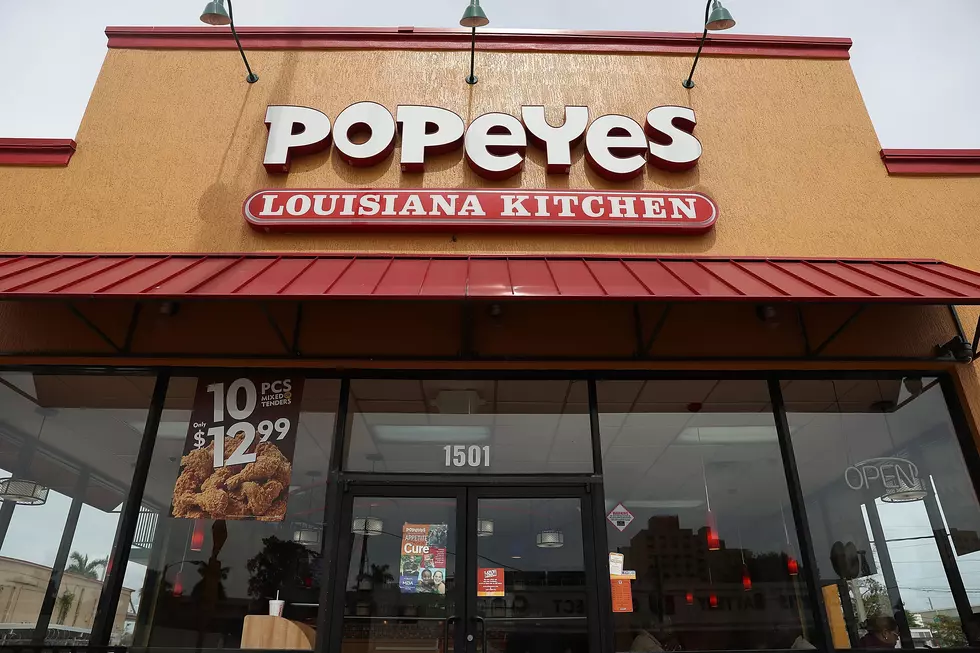
This Is the Salary a Single Person in Louisiana Needs to Make to Get By
Louisiana is, thankfully, not the most expensive place to live in the country. We don't have big, expensive cities to live in and we have a lower cost of living than most places.
So, that poses an interesting question: How much do you have to make to get by in Louisiana? As a single person, you might be surprised at how much it costs to meet all your needs. To make what we call a "living wage" means you will definitely have to put in some work in your adult life.

What is a "Living Wage"
A living wage is the minimum income necessary for a worker to meet their basic needs, maintain a decent standard of living, and provide for the well-being of themselves and their family. The concept of a living wage goes beyond the minimum wage, which is often set by governments and may not always be sufficient to cover the cost of living.
The idea behind a living wage is to ensure that individuals and families can afford the essentials such as housing, food, healthcare, transportation, and education. It takes into account factors such as local costs of living and can vary from one region to another. A living wage is designed to provide economic security and prevent workers from falling into poverty.
Advocates for a living wage argue that it not only benefits individual workers and their families but also contributes to a more stable and equitable society by reducing poverty and income inequality. Critics, however, often express concerns about potential negative effects on businesses, particularly small businesses, which may face increased labor costs.
In many places, discussions and movements advocating for a living wage have gained momentum, leading to changes in minimum wage laws and increased attention to the broader issue of income inequality.
GoBankingRates set out to find how much a single person has to earn to get by in each state. Their researchers used the latest available Consumer Expenditure Survey data for a single person from the Bureau of Labor Statistics to calculate the annual cost of necessities.
That annual cost was based on data from the Missouri Economic Research and Information Center’s 2023 Q1 Cost of Living Data Series.
Louisiana is No. 17 in the nation when it comes to minimum living wage, with a single person needing to make $50,087 a year minimum to get by.
Lowest Minimum Living Wages in the U.S.
| 1 | Mississippi | $45,906 |
| 2 | Oklahoma | $46,024 |
| 3 | Alabama | $46,577 |
| 4 | Arkansas | $47,111 |
| 5 | Kentucky | $47,318 |
| 6 | Kansas | $47,379 |
| 7 | West Virginia | $47,732 |
| 8 | Missouri | $47,771 |
| 9 | Iowa | $48,518 |
| 10 | Tennessee | $48,774 |

The highest minimum living wage, however, is Hawaii, where you'd need $112,411 a year to meet all your basic needs.


